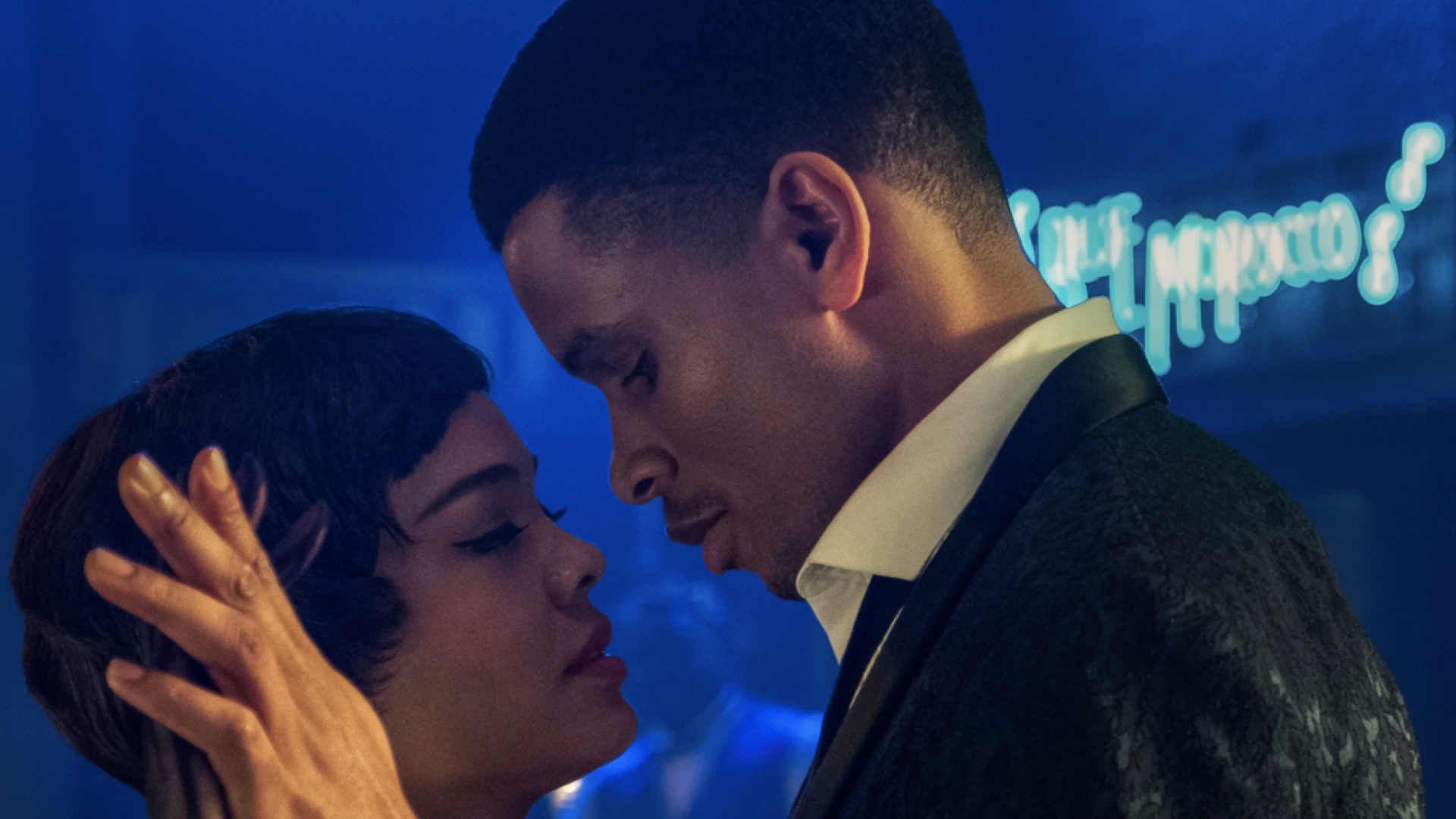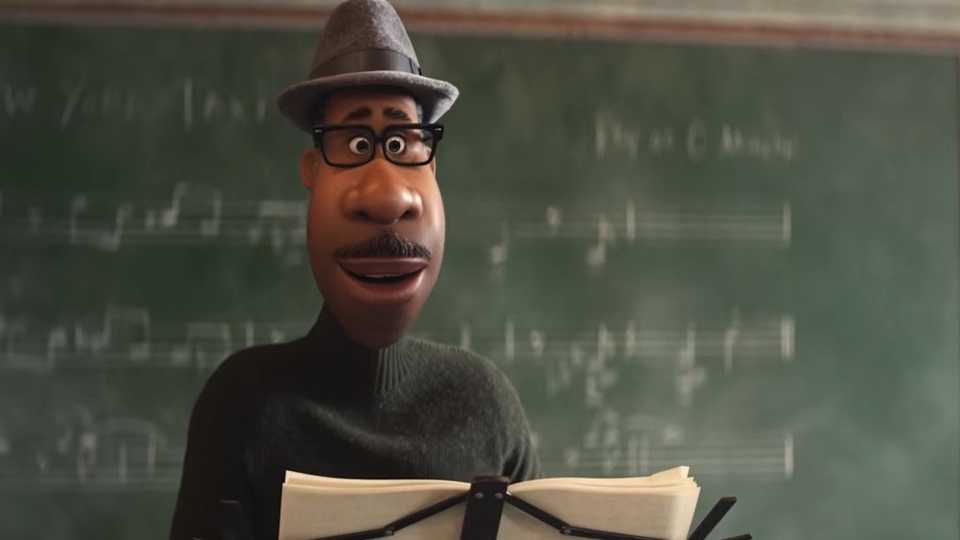Wonder Woman 1984
by Hope Madden and George Wolf
During a moment in time when a TV personality megalomaniac attains unprecedented and appalling power and threatens global civilization, it’s good to find a little hope in humanity.
Or at least a diversion, so let’s watch Wonder Woman 1984, eh?
Gal Gadot returns, lasso in hand, to defend the world from Eighties-style greed and fashion in a film that homages Reeve-era Superman while it straps some social commentary in shoulder pads, and lets loose with some thrilling fun.
Unburdened by the origin story of her 2017 original, co-writer/director Patty Jenkins is free to expand the hero’s narrative. 1984 finds Diana Prince as a Smithsonian anthropologist working with the socially awkward gemologist Barbara Minerva (Kristen Wiig, a blast) when self-help ponzi scam artist Maxwell Lord (Pedro Pascal, slimy perfection) brings Big Comic Book Villainy to the DC mall.
Lord is looking for a 4,000 year old artifact that grants wishes. But when the dream stone gives, it also takes, and Diana’s sleuthing finds that over the many centuries, entire civilizations have paid the cost.
While the last film weakened in the final third with an overly cumbersome finale, WW84 only gets better as it progresses, making that two and a half-hour running time seem much more palatable.
The story turns manage to find real hope in the face of overwhelming global selfishness and the destruction that comes with it. The Reagan-era spin is luminous—Whamtastic, even—and Jenkins displays a delightful knack for the Eighties-style action sequences.
Bigger! Bolder! With leg warmers attached to legs that ain’t afraid to kick a sexist pig where it counts.
Gadot’s easy grace creates a more wizened hero than the naieve goddess of the last go. Jenkins and her co-writers even find a perfectly reasonable and wildly welcome way to bring Steve Trevor (Chris Pine) back from the dead. The chemistry between the two actors again sparkles with endless charm while Pine’s “man out of time” deadpans fuel the funniest lines in the film.
And this film is funny, playful even. But more than anything, this episode is a bow to truth, and to the belief that the truth still means something. If it doesn’t, not even a superhero will be able to save us. And the truth is, WW84 finds a thoroughly entertaining, surprisingly touching way to point that out.
And stay during the credits for a welcome stinger.














